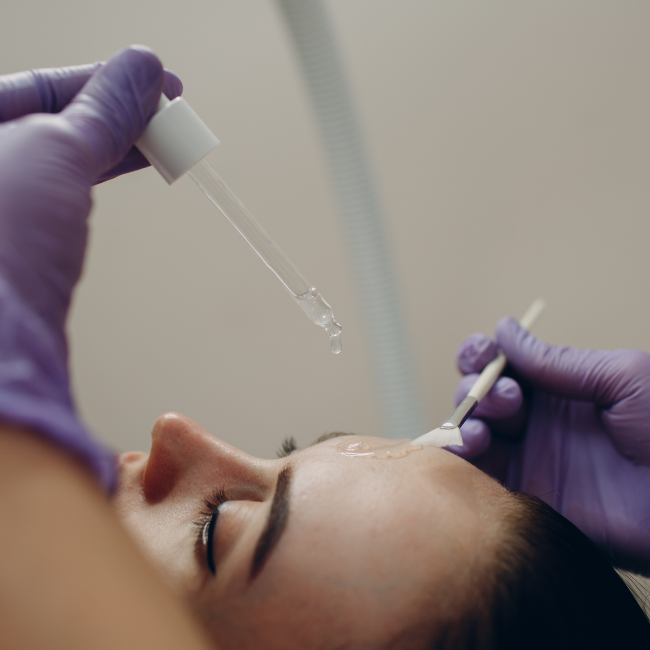What You Should Know About Retinol and Retinoids

Beauty trends come and go, but few products are as talked about as retinol and retinoids. They are often included in skin care products and are known for their anti-aging and acne-fighting properties. However, despite their popularity, many people are not aware of exactly what they are, how they work and more importantly, how to use them safely and effectively. If you are curious about retinol and retinoids, then keep reading to learn everything you need to know before adding them to your skin care routine.
What is Retinol?
Retinol is a type of vitamin A that is found in many over-the-counter skin care products. It is an excellent ingredient for reducing wrinkles, fine lines and other signs of aging, hyperpigmentation and uneven skin tone. Retinol works by stimulating cell turnover which means that it helps to rid the skin of dead skin cells and encourage the production of new ones. With regular use, retinol can help to improve the appearance of your skin, making it smoother and more youthful.
What is the Difference Between Retinol and Retinoids?
Retinoids are a class of chemical compounds that include Vitamin A and its derivatives. Retinoids are only available with a prescription, while retinol can be found in over-the-counter products. Retinoids are much more potent than retinol, which means they work faster and more effectively. They help to speed up the production of collagen, improve skin texture and reduce the appearance of wrinkles, fine lines and dark spots. If you have a more severe skin condition, your doctor might recommend a prescription retinoid to address the issue quickly.
What Do Retinol and Retinoids Help With?
Retinol and retinoids are both excellent ingredients for improving and maintaining healthy skin. They help to improve skin texture, reduce wrinkles and fine lines, and decrease hyperpigmentation and uneven skin tone. Retinol also helps to unclog pores, making it a popular ingredient in products for treating acne and retinoids are used to treat more severe acne. They can also stimulate the production of collagen, which can help to plump up the skin and reduce the appearance of scars and stretch marks.
When Should You Choose a Retinol and When Should You Choose a Retinoid?
If you are new to vitamin A products, we recommend starting with an over-the-counter retinol. Begin by using it a few times a week, gradually increasing the frequency to once a day or every other day as your skin adjusts. This will allow your skin to acclimate to the active ingredient without causing irritation. If you need a stronger dose, talk to your dermatologist about a prescription retinoid. However, make sure to follow their instructions carefully, as retinoids can cause irritation and sensitivity if not used correctly.
Who Should Not Use Retinol or Retinoids?
While retinols and retinoids are safe for most people, there are a few exceptions. If you are pregnant or breastfeeding, you should avoid using these products as vitamin A can be harmful in large quantities. Also, if you have eczema or rosacea, you might want to avoid retinol or retinoid products, as they can cause irritation or exacerbate these conditions. Lastly, people with sensitive skin will likely need to work up gradually to using a retinol or retinoid or need to use a milder derivative.
Retinol and retinoids are amazing ingredients for improving the texture, pigmentation, and overall appearance of the skin. Whether you are struggling with acne or looking to reduce the signs of aging, these products can help. However, it is important to remember that these products can cause irritation and photosensitivity, so it is crucial to use them correctly. Consult with a skin care professional or dermatologist if you are unsure about which product is right for you. And remember, Visible Results is here to help. We specialize in expert skin care services to help you achieve your best and most youthful-looking skin. Contact us today to schedule a consultation with one of our skin health experts!
